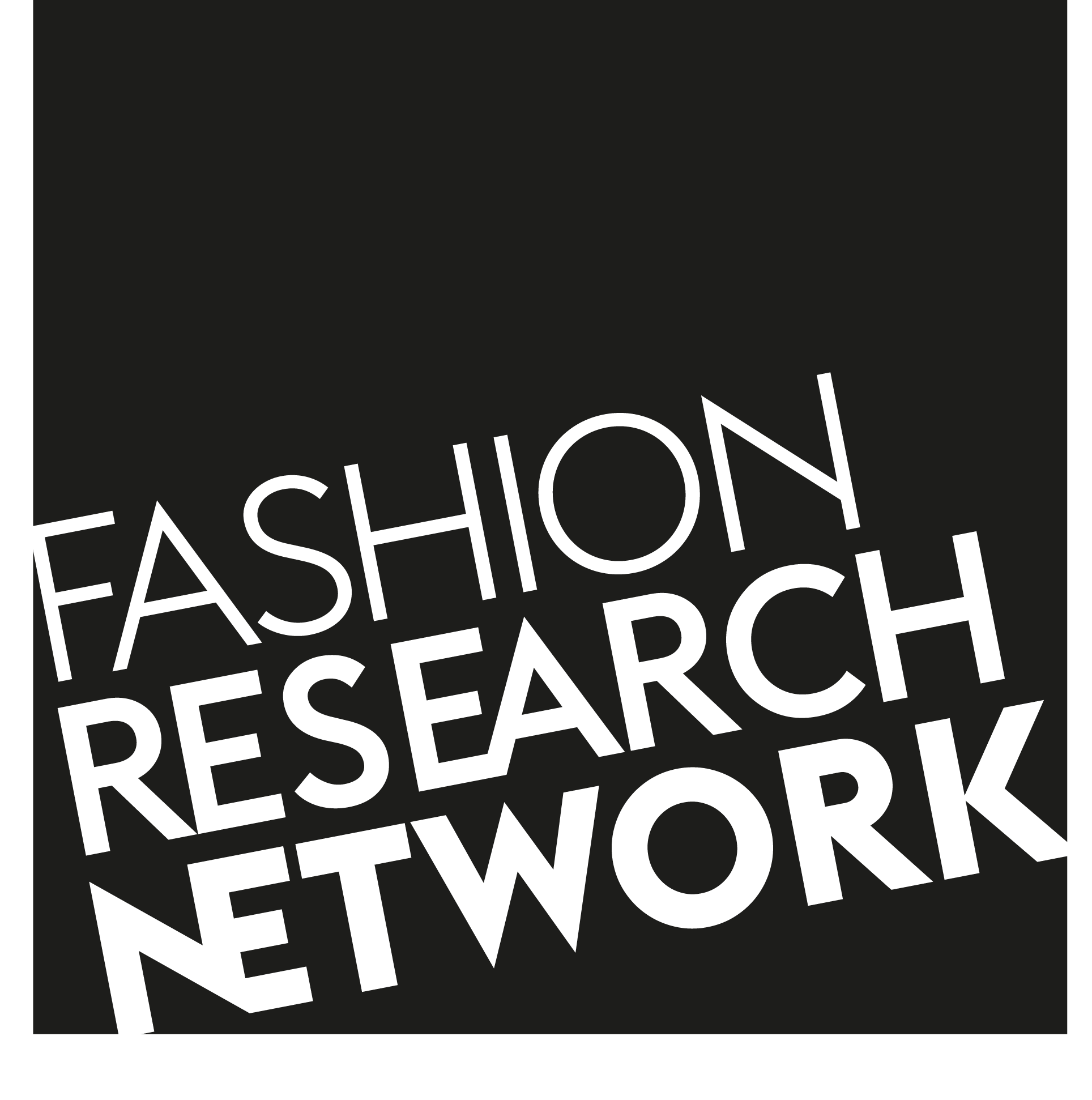CFP - Special Issue "Sustainable Textiles and Garments in the Context of a Circular Economy: Extended Use, Material Circulation and New Business Understanding"
Call for Papers
Special Issue "Sustainable Textiles and Garments in the Context of a Circular Economy: Extended Use, Material Circulation and New Business Understanding"
A special issue of Sustainability (ISSN 2071-1050). This special issue belongs to the section "Economic and Business Aspects of Sustainability".
Deadline for manuscript submissions: 30th November 2021.
Special Issue Editors
Prof. Dr. Kirsi Niinimäki Website
Guest Editor
Department of Design, School of Arts, Design and Architecture, Aalto University, 02150 Espoo, Finland
Interests: sustainable fashion and textiles; circular ecosystem; sustainable transformation; multidisciplinary collaboration
Dr. Natalia Moreira Website
Guest Editor
Department of Design, School of Arts, Design and Architecture, Aalto University, 02150 Espoo, Finland
Interests: sustainability; consumer behaviour and product development
Special Issue Information
The textile and clothing industry is a huge global business and one of the biggest polluters in the world (Quantis 2018). This industry has high environmental impacts which have an effect on climate change (Niinimäki et al. 2020). Lately, the pressure to change industrial practices in the fashion and textile industry toward more sustainable ones has been a burning issue not only in academic investigations but also in public discourse.
To slow the material throughput in the system and to lower the environmental impacts of fashion and textiles, we must construct a new system level understanding and create a shift from linear (take, make, dispose) to circular thinking through the following approaches: narrowing (efficiency), closing (recycling), and slowing (reusing) (Bocken et al. 2018). Sustainable transformation needs fundamental changes at all levels in the fashion and textile system: deceleration of manufacturing and consumption, new business models, new design strategies, extended producer responsibility, and reverse logistics (Niinimäki et al. 2020). Therefore, new knowledge is needed at all levels in the fashion/textile system from materials, design and manufacturing practices, garments’ lifetimes, new business models, and conscious consumer behavior.
This Special Issue will focus on sustainable textile and fashion in the context of a circular economy, and therefore, we expect to receive contributions especially from the following themes:
How to slow down the system;
How to extend the use time of textiles and garments;
How to improve the recyclability of textiles and garments;
How to construct new business models linking to a circular economy.
The purpose of this Special Issue is to open the many levels which need to be included while approaching textile and fashion sustainability from a system level point of view. Theoretical, methodological, and empirical papers will be considered.
Bocken, N. M. P. et al. (2018) Slowing Resource Loops in the Clothing Industry through Circular Business Model Experimentation. In K. Niinimäki (ed.) Sustainable Fashion in a Circular Economy, Helsinki: Aalto Arts Books, pp 152–167. (Aalto ARTS Books, 2018).
Niinimäki, K. et al. (2020) The Environmental Price of Fast Fashion. Nature Reviews; Earth and Environment 1, pp. 189–200.
Quantis. (2018) Measuring Fashion. Environmental Impact of the Global Apparel and Footwear Industries Study; Quantis: Lausanne, Switzerland.
Prof. Dr. Kirsi Niinimäki
Dr. Natalia Moreira
Guest Editors
Manuscript Submission Information
Manuscripts should be submitted online at www.mdpi.com by registering and logging in to this website. Once you are registered, click here to go to the submission form. Manuscripts can be submitted until the deadline. All papers will be peer-reviewed. Accepted papers will be published continuously in the journal (as soon as accepted) and will be listed together on the special issue website. Research articles, review articles as well as short communications are invited. For planned papers, a title and short abstract (about 100 words) can be sent to the Editorial Office for announcement on this website.
Submitted manuscripts should not have been published previously, nor be under consideration for publication elsewhere (except conference proceedings papers). All manuscripts are thoroughly refereed through a single-blind peer-review process. A guide for authors and other relevant information for submission of manuscripts is available on the Instructions for Authors page. Sustainability is an international peer-reviewed open access semimonthly journal published by MDPI.
Please visit the Instructions for Authors page before submitting a manuscript. The Article Processing Charge (APC) for publication in this open access journal is 1900 CHF (Swiss Francs). Submitted papers should be well formatted and use good English. Authors may use MDPI's English editing service prior to publication or during author revisions.
Keywords
sustainable textile
sustainable garments
sustainable fashion
circular economy
extended use
lifetime
recyclability
business models
sustainable transformation
Published Papers
This special issue is now open for submission.
